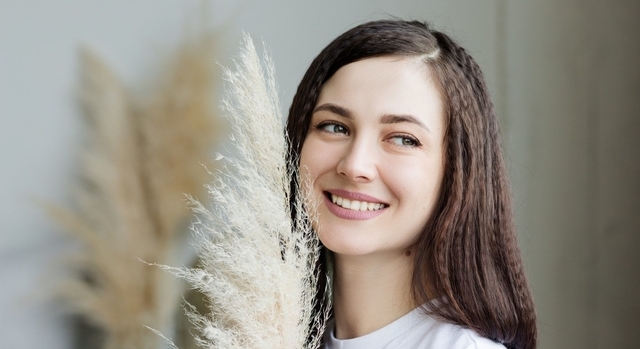Amblyopia (“lazy eye”) affects millions worldwide. The good news is that vision therapy is an effective solution that can help both children and adults tackle this problem. By adopting advanced vision therapy techniques such as dichoptic training, perceptual learning, and virtual reality-based therapies, individuals with amblyopia can achieve remarkable improvements in their visual function and quality of life.
Understanding Amblyopia and Vision Therapy
Amblyopia is when the brain favors one eye over the other, leading to reduced vision in the weaker eye. This problem occurs during early childhood when the brain is still adapting to visual information. Vision therapy aims to address amblyopia by retraining the brain to recognize and process visual information from both eyes equally.
One of the primary goals of vision therapy is to promote binocular vision: the ability of both eyes to work together as a team. By improving the coordination and integration between the eyes, vision therapy helps the brain process visual information more effectively, leading to enhanced depth perception, eye-hand coordination, and overall vision.
Advanced Vision Therapy Techniques
There are a number of techniques used during vision therapy, these include:
Dichoptic Training
This involves presenting different images to each eye simultaneously. By stimulating both eyes independently, it encourages the brain to merge the images from both eyes, promoting visual integration and binocular vision.
Perceptual Learning
Perceptual learning is a series of carefully designed exercises and activities that aim to enhance visual processing and discrimination skills. Through repetitive practice and feedback, perceptual learning helps the brain become more efficient in recognizing and interpreting visual stimuli.
Virtual Reality-Based Therapies
By immersing individuals in computer-generated environments, these therapies provide a dynamic and interactive platform to stimulate visual development. Virtual reality allows for controlled exposure to different visual scenarios, enabling the brain to adapt and learn in a safe and controlled environment.
The Process of Vision Therapy
The duration of vision therapy depends on the following:
- The severity of the condition
- The age of the patient,
- The response to therapy
Patience and consistency are key during vision therapy, as progress may be gradual but steady.
After undergoing vision therapy, many individuals experience significant improvements in visual acuity, depth perception, and overall visual function. With enhanced binocular vision, they often enjoy improved performance in activities such as reading, sports, and everyday tasks that require accurate visual perception.
However, vision therapy's success relies on compliance and follow-up care. Regular attendance to therapy sessions and diligent practice of prescribed exercises at home greatly contribute to achieving the desired outcomes. Close collaboration between the vision therapist, patient, and their family ensures that progress is monitored and necessary adjustments are made to the treatment plan when needed.
Success Stories at Advanced Eyecare & Therapies
“I first met Dr. Wylie and Chris during my high school, when we worked on my eye correction using games/exercises. Meeting with Chris, my vision therapist, was more like hanging out with a friend rather than work, and that definitely made it more fun. I still remember every Tuesday I would get so hyped to go see her…”
“Dr. Wylie and Chris were truly an amazing team… With their help and my hard work they have made me a better reader, as well as making my future as a teacher more enjoyable. I will be able to help students make sure they get the correct help if I see the same similarities as what I experienced. To me reading is fun again, it does not feel like a chore.”
If you or someone you know is affected by amblyopia, we encourage you to consult with a qualified vision therapist at Advanced Eyecare & Therapies, who can design a personalized treatment plan tailored to your needs. Remember, the road to better vision starts with taking the first step toward exploring the advanced approaches offered by vision therapy. Together, let's unlock the full potential of your visual system and embark on a journey toward a brighter, clearer future.

